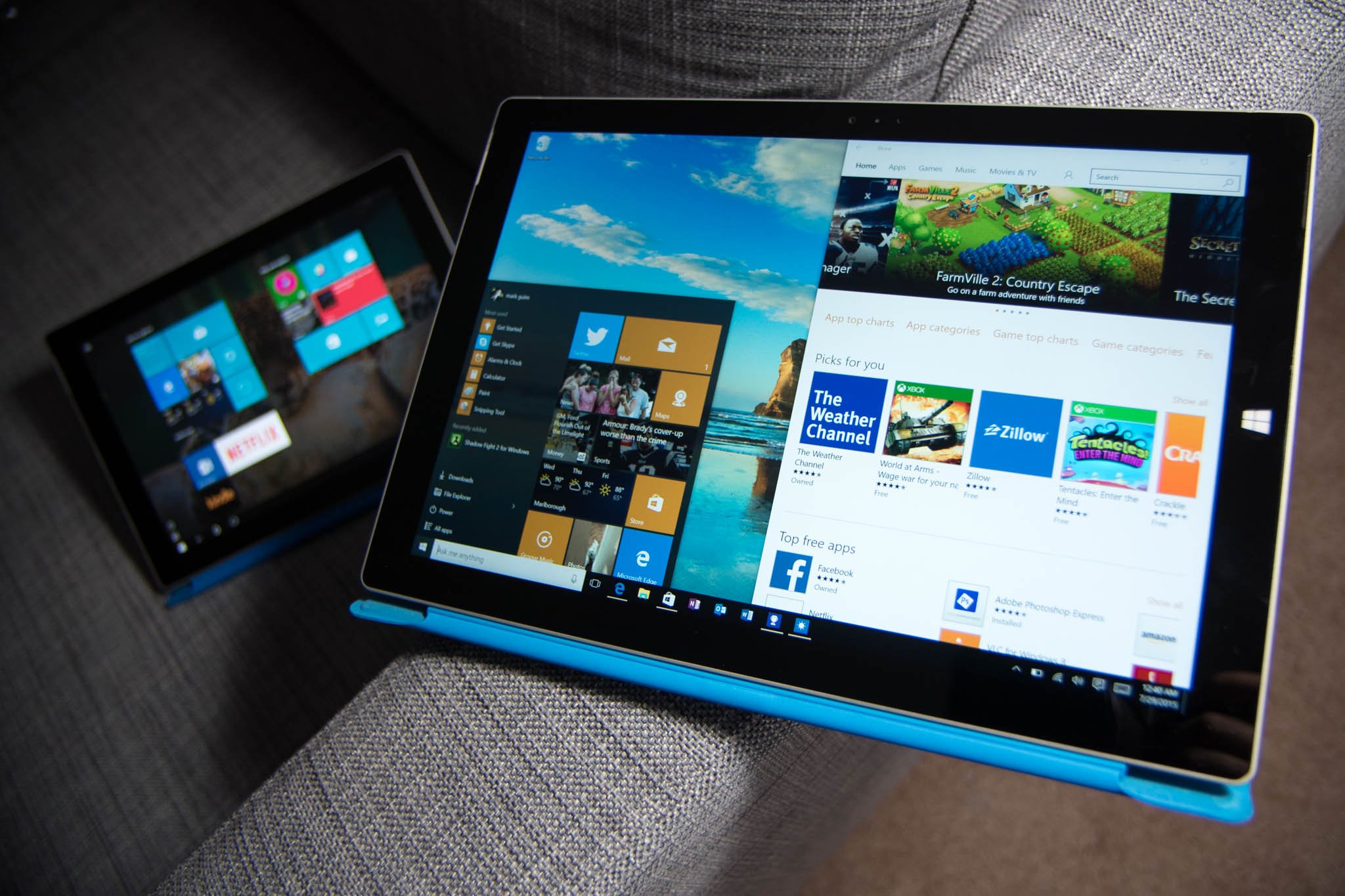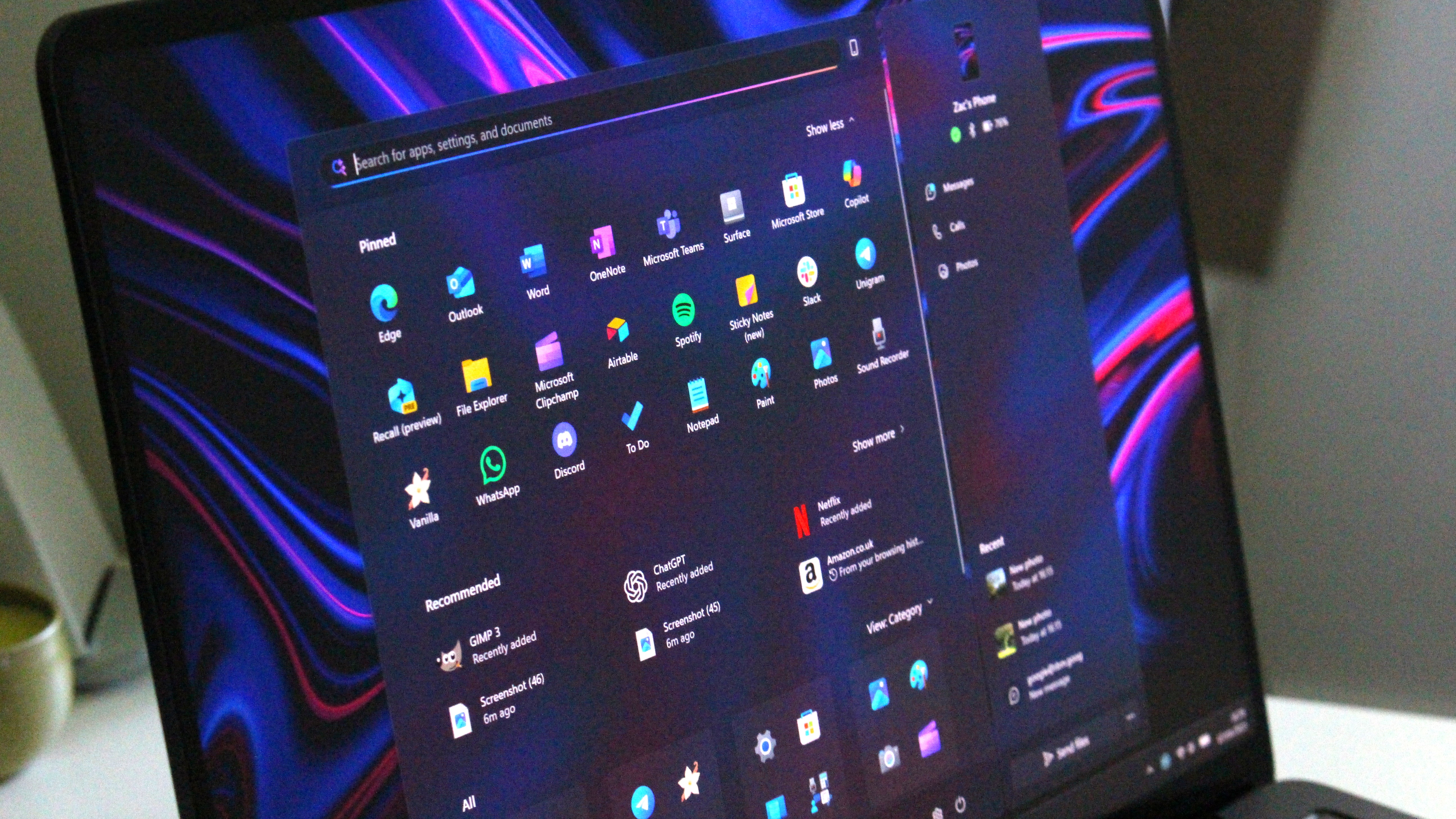Windows Defender and Windows Update protect from new ransomware attack, Microsoft says

A new ransomware attack is currently rocking computers in in more than 70 countries around the world, but the vast majority of Windows users should be protected. A Microsoft spokesperson speaking to Sky News has confirmed that customers who have Windows Updates enabled and are running "free antivirus software" (e.g. Windows Defender) should be protected.
Microsoft spokesman says customers running free antivirus software and have Windows Updates enabled are protected from 'ransomware' attackMicrosoft spokesman says customers running free antivirus software and have Windows Updates enabled are protected from 'ransomware' attack— Sky News Newsdesk (@SkyNewsBreak) May 12, 2017May 12, 2017
That's good news for Windows users who are current with their updates. But the ransomware, known as "WannaCry," has already been seen rapidly spreading through organizations in more than 70 countries, the BBC reports. Notably, the National Health Service (NHS) in the UK has been impacted, along with Telefonica in Spain, and many others.
The attack, which the BBC reports is locking down computers and demanding a ransom of $300 (£230) in Bitcoin, is reportedly related to National Security Agency (NSA) hacking tools that were leaked by a group known as The Shadow Brokers earlier this year. The particular vulnerability exploited by the hack was previously patched by Microsoft in March, but it seems businesses and other organizations affected by today's attack haven't yet installed the patch.
All the latest news, reviews, and guides for Windows and Xbox diehards.

Dan Thorp-Lancaster is the former Editor-in-Chief of Windows Central. He began working with Windows Central, Android Central, and iMore as a news writer in 2014 and is obsessed with tech of all sorts. You can follow Dan on Twitter @DthorpL and Instagram @heyitsdtl.
